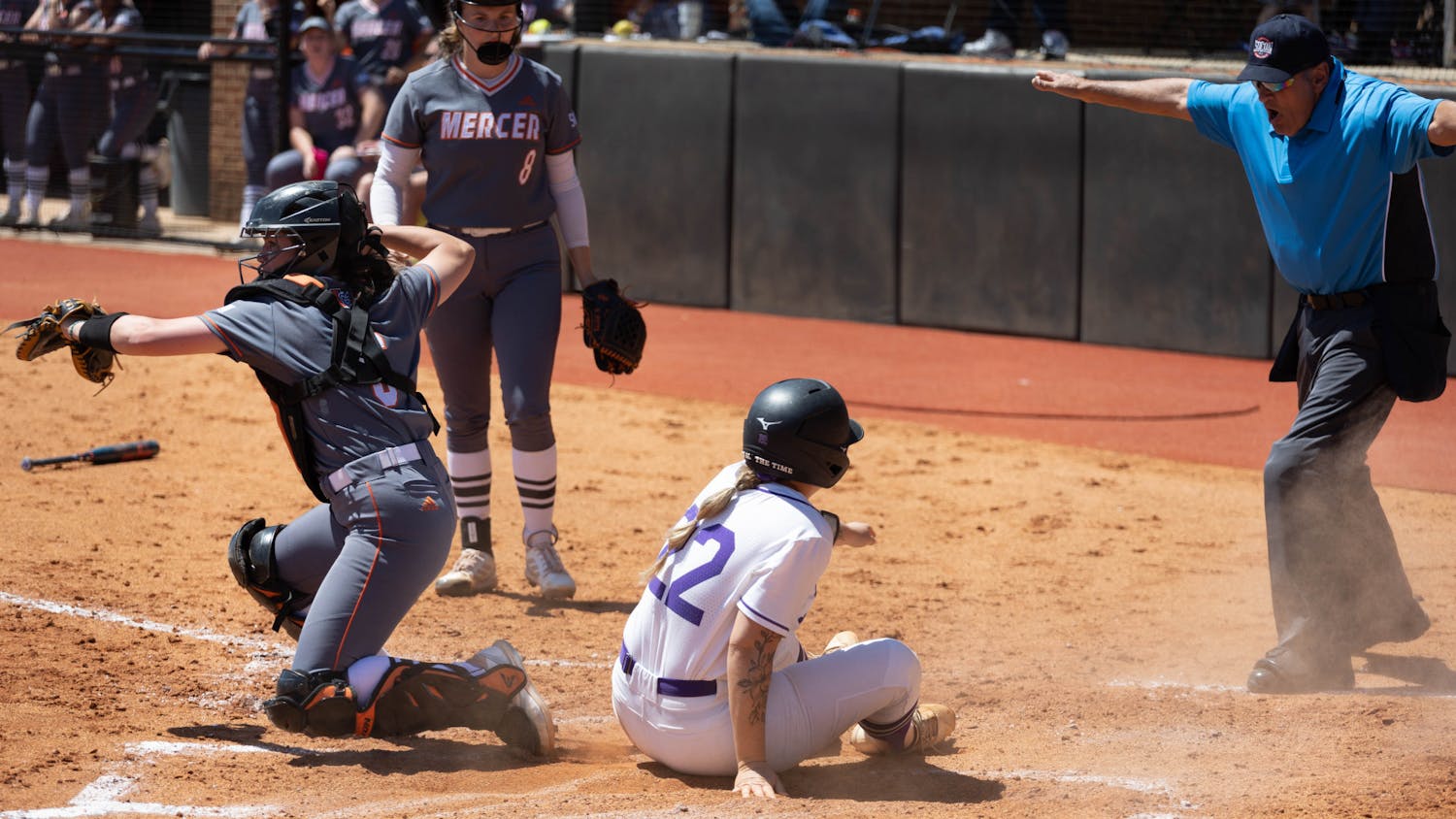The Mercer Review, a pre-law and academic publication, received a revitalization this semester with a new editor-in-chief. The publication, run by junior Safia Serena Tejani, provides undergraduate students the opportunity to spread their knowledge of various global topics and provide commentary through their original research.
The Review's site was once dedicated to uploading scholarly papers for Mercer law students but is now an academic resource open for any student to submit an academic piece of which they feel proud.
“I wanted to create this publication so that people who are doing research and want other people to see it have a platform,” Tejani said.
Tejani took over Mercer Review when it was known as “The Law Street Journal.” The website now includes peer-reviewed articles with a wider range of topics including scientific climate research, socio-economic studies and world news. Tejani said that this change was made to serve a wider student demographic and encourage greater student interest in the research process.
“We were originally going to be a law review publication for pre-law students, but we realized this was kind of a niche market,” Tejani said. “We did, however, have a lot of students that wanted to submit their papers on various subjects. This allowed us to broaden our scope to allow students who want to submit class research, a topic they’re interested in, or to hone their writing skills.”
Once she became the editor of the Mercer Review, Tejani was not sure which platform would be the best to hold the publication.
“We didn’t know if we wanted to put it on paper or if we wanted to put it online,” Tejani said. “We realized that it’s much more accessible online. We found that a website would draw more people in with a colorful aesthetic and easier to read."
Mercer Review uses a system of peer review to check the academic papers it receives from student submissions before uploading them. Mercer Review’s academic advisor, journalism professor Evey Wilson, spoke highly of Tejani’s effort in revitalizing the organization and elaborated on her duties.
“I try to help whenever needed but Safia has really taken this project on, recruiting participants, juggling peer reviewers and building a website,” Wilson said. “I have read papers, given feedback and helped a bit with the website design process.”
Wilson said that she wants to see more students take advantage of the opportunity the publication provides.
“I hope that Mercer Review becomes a similar premiere student-run and student-researched publication,” Wilson said. “This is a great way for Mercer undergraduates to get involved through reworking class projects or exploring new ideas.”
Tejani said she has enjoyed the various topics writers have submitted to the Review so far.
“It’s been fun to read over the articles people have submitted,” Tejani said. “Even as I read over some of these articles checking for grammar, I’m learning so much about the subjects. This is how I know it’s an important resource to have. If I’m learning more about the subjects, then more people can learn about what’s going on in our country and others.”
Tejani hopes that the Mercer Review can become a staple of Mercer’s student research publication and hopes it continues after she graduates.
“Right now, we’re looking for people who might not necessarily know much about Mercer Review or the research process but are willing to be trained so they can take on a leadership position,” Tejani said. “I’d really like to see younger students become involved with this because I feel having published work is something a lot of students can benefit from in the future.”
To write for the Mercer Review or apply for a leadership position on the team’s staff, students can fill out an application located on the website’s home page at mercerreview.com or through email at mercerreview@gmail.com. Students can submit their publishing applications along with a copy of their writing via a Google form.
Articles are submitted to the website on a rolling basis. The submissions are read over by peer reviewers, then the feedback is sent back to the writers for more edits until the paper is complete. Contributors receive feedback within a week and final drafts are published the following week.





